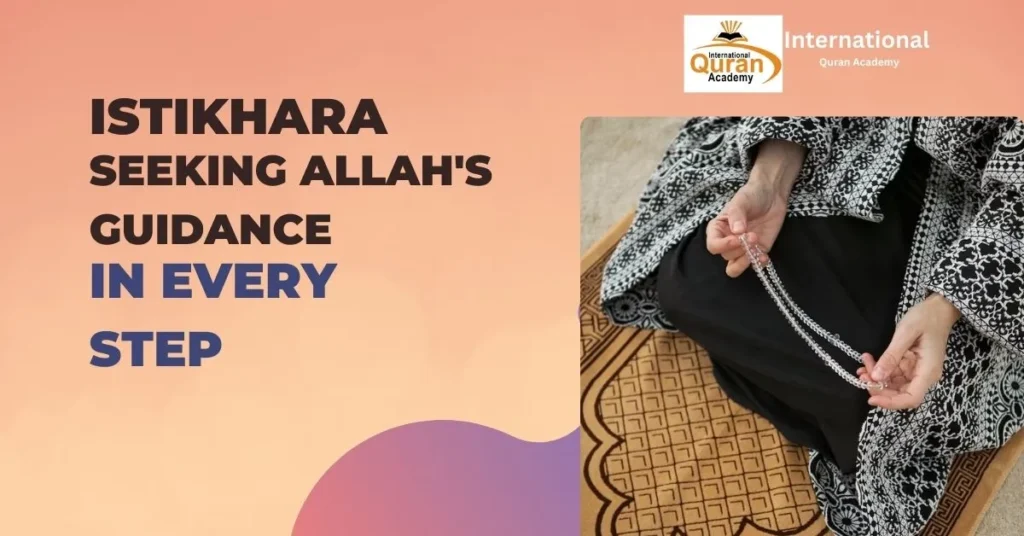Does you know that millions of muslims why say daily Astaghfirullah? Astaghfirullah stands as one of the most beautiful expressions in Islamic faith. Today, we’ll explore this amazing phrase that opens doors to Allah’s mercy and forgiveness.
Think of Astaghfirullah as a spiritual key. This simple but powerful phrase means to “I seek forgiveness from Allah” in English. Muslims use it throughout the day to maintain their spiritual connection and ask Allah for mercy. Whether you are new to Islam or want to improve your knowledge, this guide will help you understand the real meaning of Astaghfirullah.
The beauty of Astaghfirullah is in its simplicity. You can say it whenever, wherever, with or without wudu. From hectic office hours to quiet prayer times, this phrase fits easily into your day. It works as spiritual medicine, healing hearts and calming minds.
In this Islamic guide, we will learn everything about Astaghfirullah. You’ll learn its multiple forms, from the basic to the full phrase with “Al Azeem.” We’ll discuss when to use each form and how to fit it into your daily routine. Furthermore, you’ll learn about the amazing advantages of saying it 100 times and seeking Allah’s forgiveness.
Basic Understanding Of Astaghfirullah استغفر الله
Astaghfirullah استغفر الله means to “I seek forgiveness from Allah” in English. We muslims can use this phrase to ask Allah for forgiveness for their mistakes and sins. Muslims say it when they realize they’ve done something wrong or want to purified their hearts. That’s why it’s called humility, and allah love humility.
Also Read: How to Repent in Islam
The word comes from three Arabic parts: “Astaghfir” means “I seek forgiveness,” “Al” means “the,” and “Allah” is the name of God in Islam. When combined, these words create a beautiful way to ask for forgiveness directly from Allah.
You pronounce it as “As-tag-fi-rull-lah” in English. Many people find it easier to learn the pronunciation by breaking it into these smaller parts. The stress falls on “fig” when saying it correctly.
Astaghfirullah means in Urdu “ میں اللہ سے معافی مانگتا ہوں” اور “اللہ سے بخشش چاہتا ہوں.”
Astaghfirullah al-Azeem” means “I seek forgiveness from Allah, the Most Great.” It is a phrase used to ask for God’s mercy and forgiveness for sins.
Also Read: What is Shirk in Islam?
The Arabic text استغفر الله clarifies the proper way to write this phrase. Muslims frequently use this Arabic version in their prayers and daily lives because it keeps the original supreme meaning of the Quran.
The phrase connects strongly with Islamic teachings on mercy and forgiveness. Muslims believe that Allah loves those who ask for forgiveness and this is 100% true allah love every human, so Astaghfirullah is an important part of their faith. This simple but meaningful phrase helps believers maintain their spiritual connection in their daily lives.
The phrase reminds believers that Allah always welcomes those who turn to Him with sincere hearts.
Also Read: Who Wrote the Quran
What Happens When You Say Astaghfirullah?
When you say Astaghfirullah with heart, Allah forgives and blesses you. The word means “I seek forgiveness from Allah,” and saying it reminds us to be humble and seek Allah’s mercy.
Allah promises in the Quran: “And seek forgiveness of your Lord. Indeed, He is ever a Perpetual Forgiver” (Surah Nuh, 71:10). Prophet Muhammad (ﷺ) also encouraged saying Astaghfirullah often, teaching that it cleanses the heart, erases sins, and opens doors to blessings.
This small but powerful phrase strengthens faith, provides peace, and invites Allah’s mercy, making it a beautiful habit to seek forgiveness every day.
Also Read: Can a Muslim Marry a Non-Muslim?
What Happens If You Say Astaghfirullah 100 Times?
When you say Astaghfirullah 100 times, you open the doors to Allah’s mercy, forgiveness, and countless blessings. The Prophet Muhammad (ﷺ) recommended frequently seeking forgiveness and said, “Whoever says, ‘Astaghfirullah’ (I seek forgiveness from Allah) 100 times a day, Allah will forgive all his sins, even if they were as much as the foam of the sea” (Sahih Muslim).
Repeating Astaghfirullah brings spiritual cleansing, reduces stress, and attracts peace and ease in life.
Can I Say Astaghfirullah Without Wudu?
Yes, you can say Astaghfirullah without wudu. Remembrance of Allah (dhikr) and seeking forgiveness are acts of worship that can be done anytime, as they keep you close to Allah.
Wudu is not required for saying Astaghfirullah, though it is recommended to be in a state of wudu for additional spiritual purity.
Also Readd: How to Become Muslim
The Prophet Muhammad (ﷺ) encouraged frequent dhikr, and it’s a blessing that Allah allows us to remember Him easily, regardless of our physical state.
Will Allah Forgive Me If I Say Astaghfirullah?
Yes, Allah forgives those who sincerely say Astaghfirullah in confession.
Allah is Al-Ghafoor (The Most Forgiving) and Ar-Rahman (The Most Merciful). In the Quran, He says, “And whoever does a wrong or wrongs himself but then seeks forgiveness of Allah will find Allah Forgiving and Merciful” (Surah An-Nisa, 4:110).
The Prophet Muhammad (ﷺ) also emphasized that Allah loves to forgive and will accept sincere repentance, no matter how great or small the sin.
Also read: Dogs In Islam: What Does Islam Say About Dogs
Saying Astaghfirullah with true sincerity opens the doors to Allah’s mercy and forgiveness.









